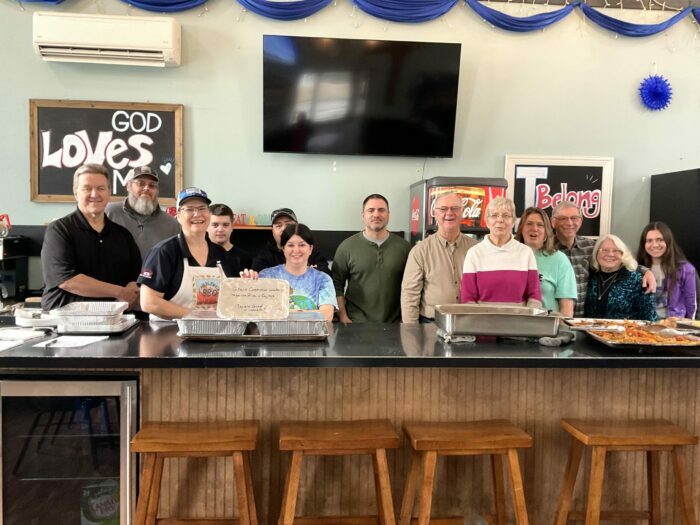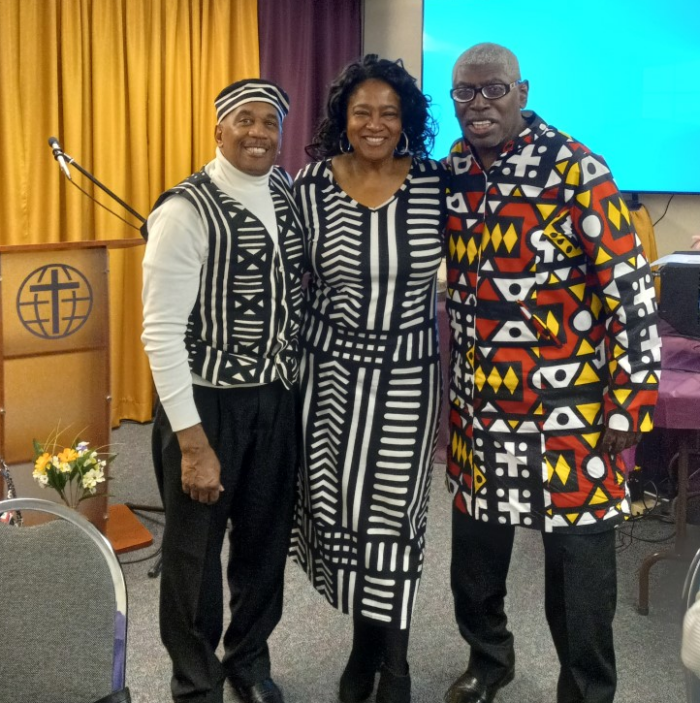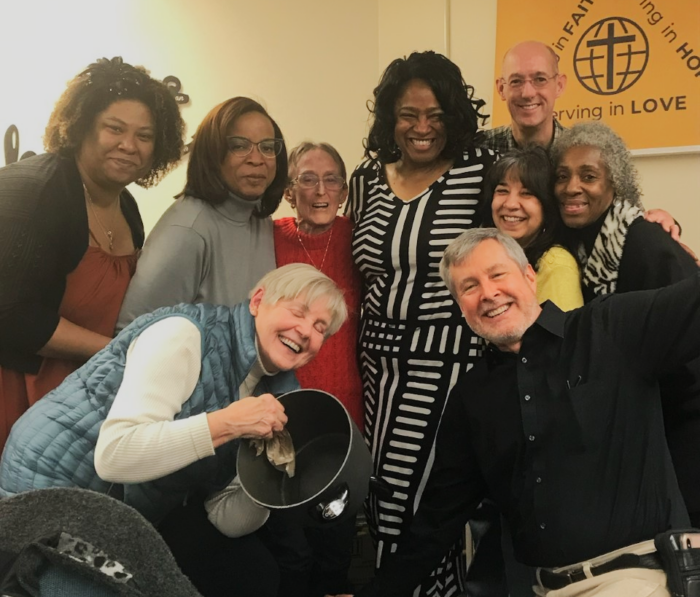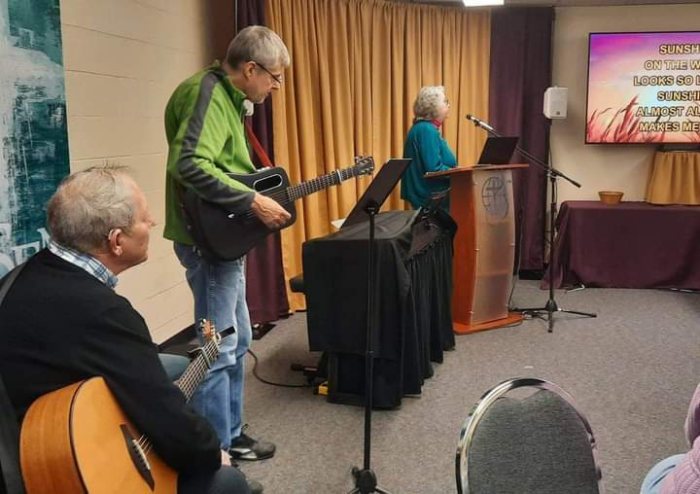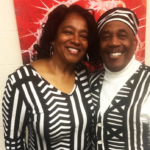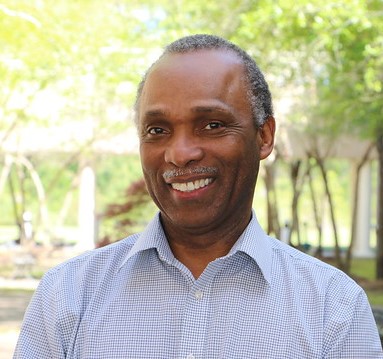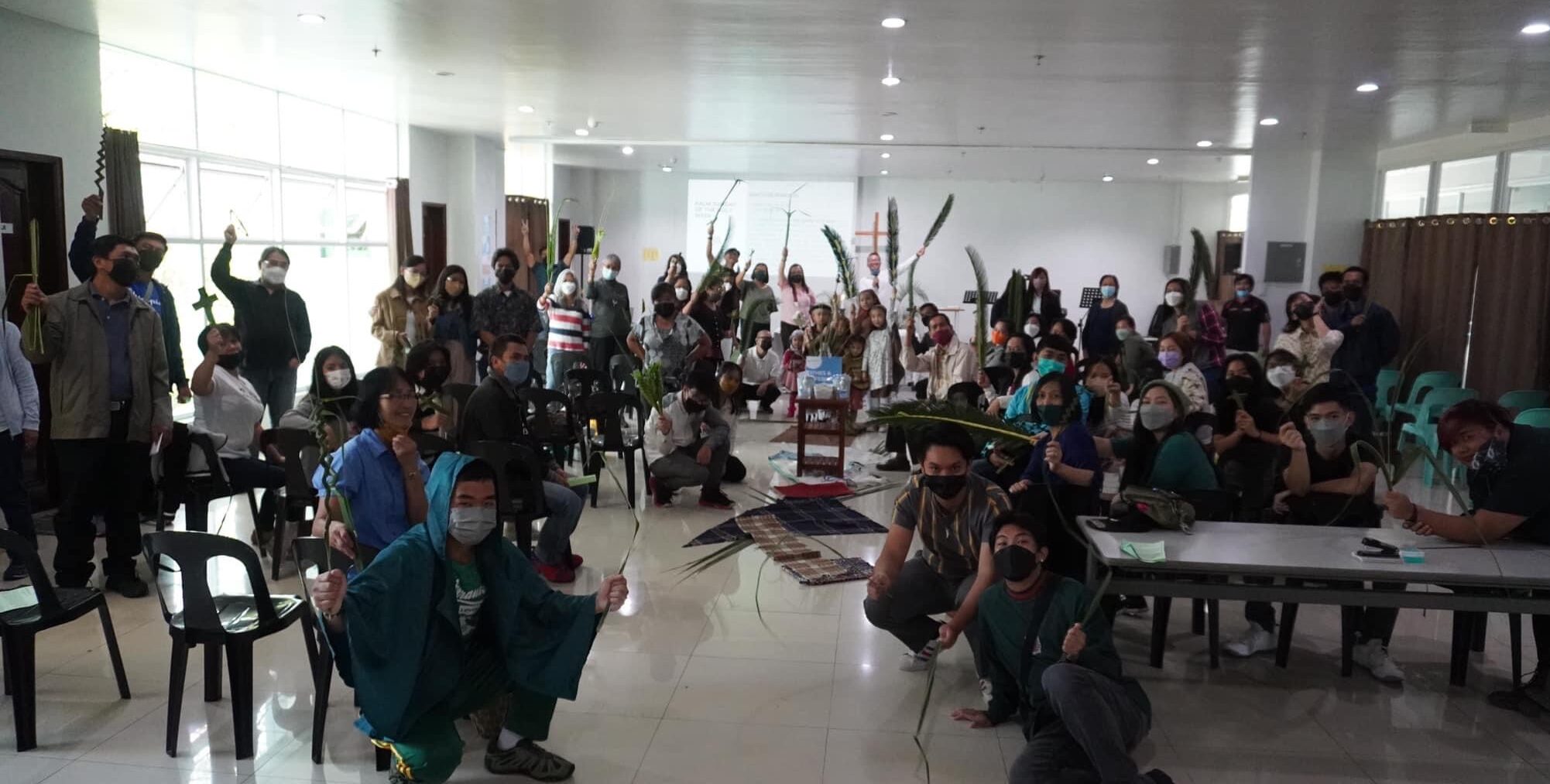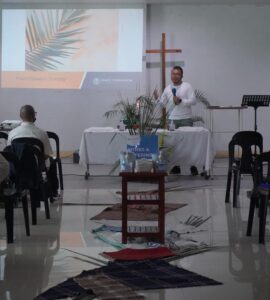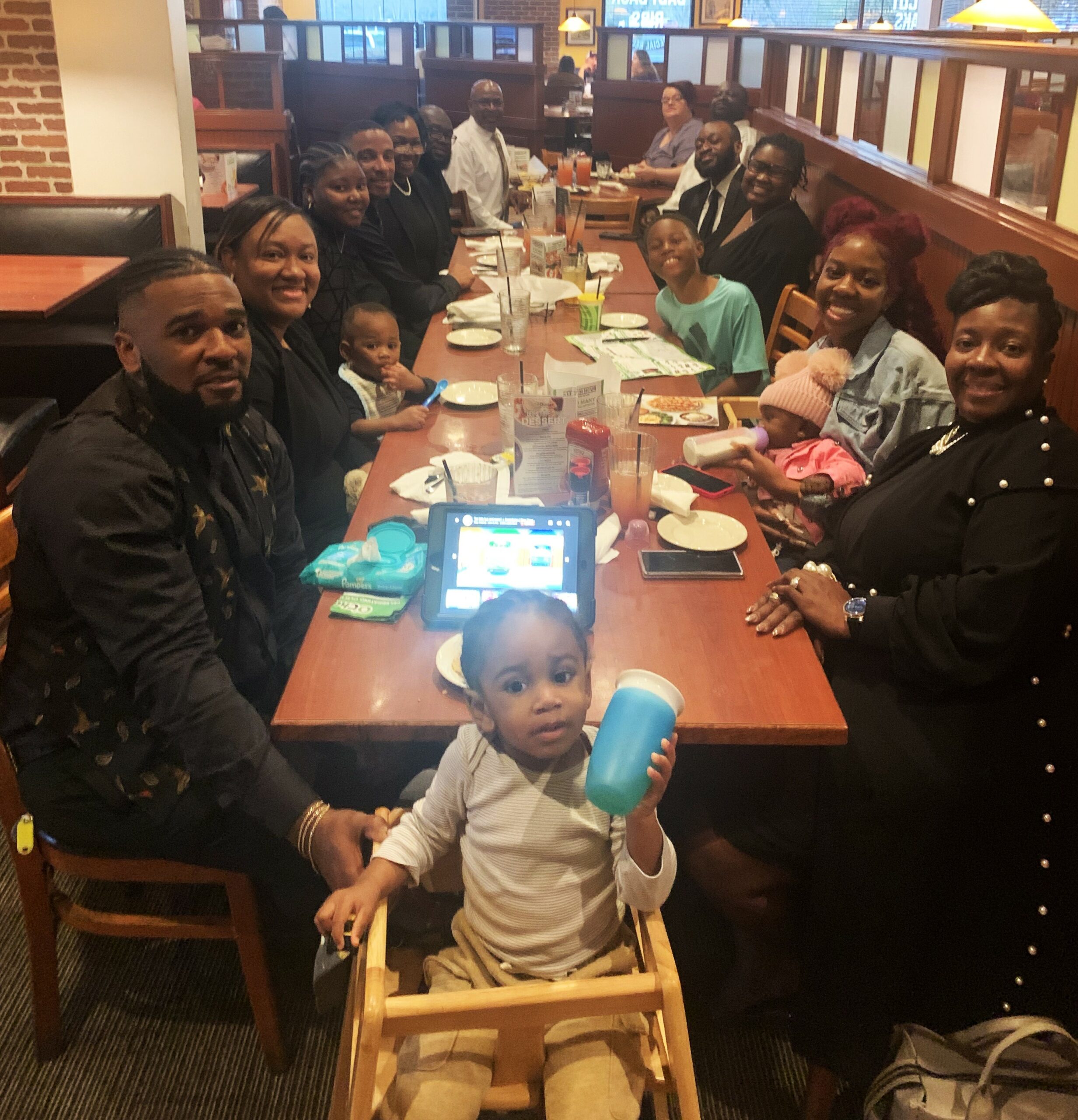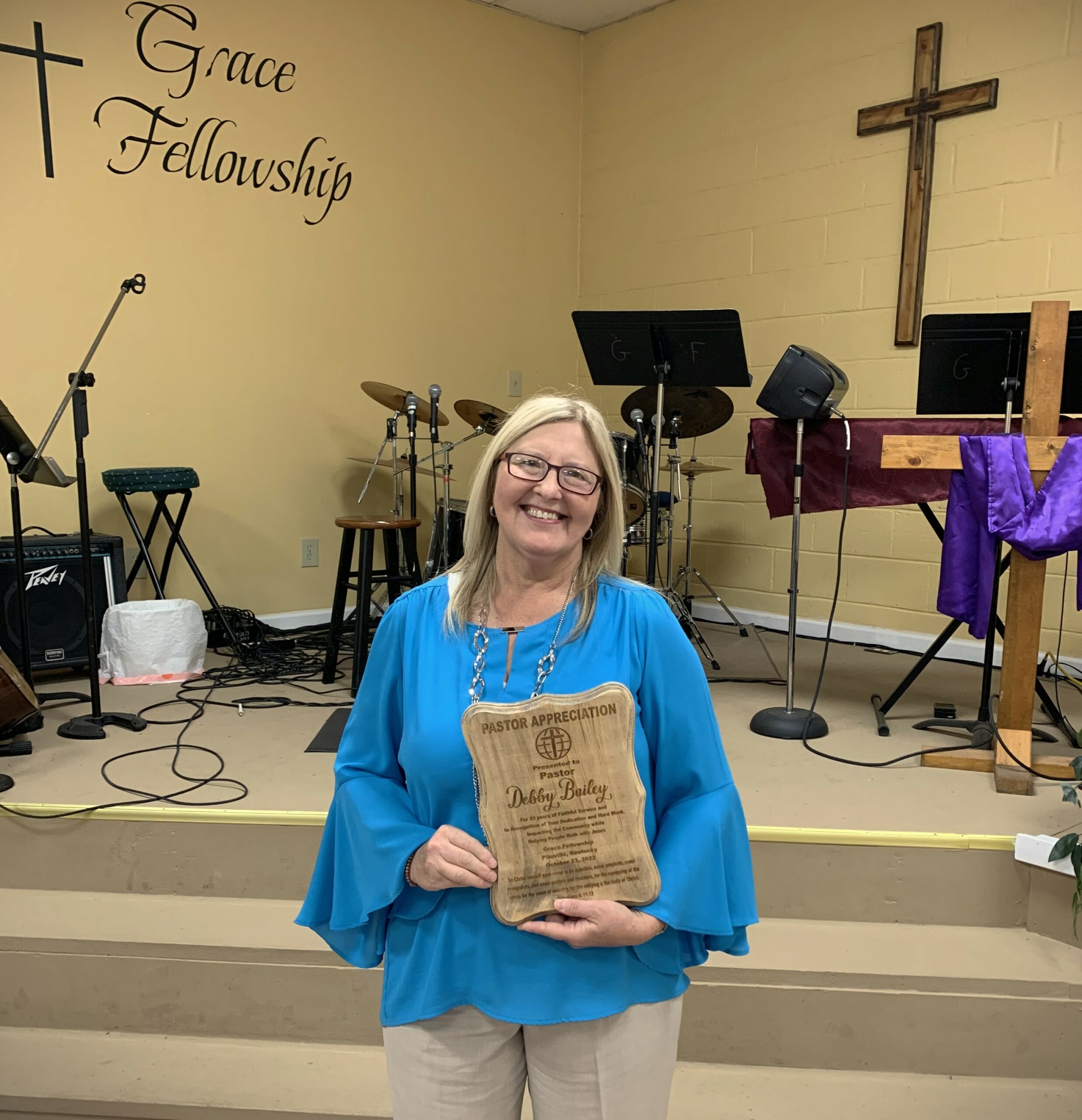Jesus reassured his disciples before his death in John 14:19, “Soon the world will no longer see me, but you will see me. Since I live, you also will live.” Jesus’ promise isn’t just for the future, but for now.
 As we approach Easter, our thoughts are focused on Jesus’ death, burial, and resurrection. I’ve been thinking about my own journey and how my relationship has evolved. Initially, it was mostly going through the motions of prayer and reading Scripture. But along the way, Jesus became more of a friend, comforter, encourager, and guide. My dependence on him has grown to get through each day of life.
As we approach Easter, our thoughts are focused on Jesus’ death, burial, and resurrection. I’ve been thinking about my own journey and how my relationship has evolved. Initially, it was mostly going through the motions of prayer and reading Scripture. But along the way, Jesus became more of a friend, comforter, encourager, and guide. My dependence on him has grown to get through each day of life.
Sometimes I think, what would I do if I lost this or that? But Easter is a reminder that the one thing that I cannot live without is Jesus. A few years ago, I had a lot going on in my life on all fronts: work, church, and family. I felt myself approaching a breaking point. One day during my lunch break, I walked down the street to a church near my office. I went to the altar, and my prayer was simply, “Jesus, I need help.” I laid on the altar and wept. As I picked myself up and walked back to work, I felt immense relief.
I knew, somehow, that Jesus would work things out and that everything would be okay. This is just one time, out of many, when my precious Savior helped me live. As I reflect on my personal journey and prepare for Easter, I know I can face each tomorrow because Jesus lives.
Prayer
Lord, open the eyes of our hearts to see you more clearly. Please give us the reassurance we need to face each day with confidence, knowing because you live, we can also live.



